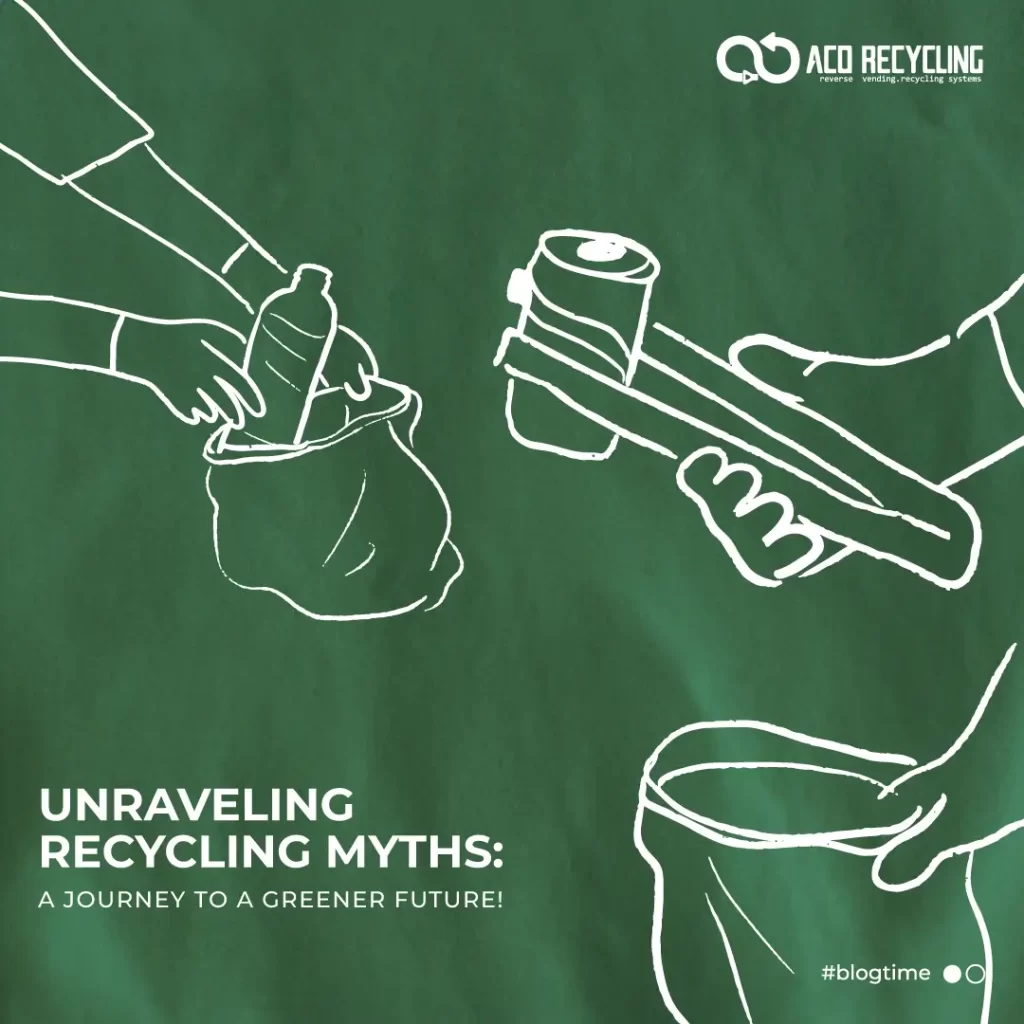
Recycling Myths: Sorting Fact from Fiction
In today’s world, we cannot overstate the importance of recycling. Amidst mounting concerns about climate change, plastic pollution, and resource depletion, individuals and communities must embrace sustainable practices. However, amidst the available information, misconceptions and myths about recycling abound, leading to confusion and misinformation. In this blog post, we will delve into the nuances of recycling, sorting fact from fiction, and empower readers with the knowledge they need to contribute meaningfully to a greener, more sustainable future.
The Benefits of Recycling
Recycling plays a crucial role in conserving natural resources, reducing energy consumption, and minimizing the environmental impact of waste. By diverting materials from landfills and incinerators, recycling mitigates pollution and greenhouse gas emissions. Moreover, reprocessing recyclable materials into new products supports a circular economy, fostering innovation and job creation.
Common Recycling Myths Debunked
- Myth 1: Everything with a recycling symbol can be recycled. While the recycling symbol is a positive indicator, not all products bearing this symbol are accepted by recycling facilities. It’s essential to educate yourself about local recycling guidelines and understand which materials are recyclable.
- Myth 2: Recycling is not worth the effort. Contrary to this belief, recycling profoundly impacts resource conservation and energy savings. Small individual actions collectively make a substantial difference.
- Myth 3: It’s better to throw everything away than risk contaminating the recycling stream. While contamination can disrupt the recycling process, proper sorting and rinsing of recyclables can mitigate this issue. With a basic understanding of what is recyclable and clean, individuals can recycle effectively.
The Importance of Proper Recycling Practices
To maximize the efficacy of recycling efforts, it is crucial to understand the principles of proper waste management. Firstly, sorting recyclables according to local guidelines is essential. Secondly, ensuring materials are clean and free from contaminants is pivotal. Lastly, being mindful of what can and cannot be recycled are crucial aspect of responsible recycling. Adhering to these practices upholds the integrity of recycling streams and contributes to the sustainability of our planet.
Empowering Change Through Education and Action Despite Myths
Ultimately, the journey toward a more sustainable future begins with knowledge and awareness. By debunking misconceptions and providing accurate information about recycling, we empower individuals to make informed decisions and take meaningful action. Additionally, advocating for improved recycling infrastructure, supporting environmentally conscious policies, and fostering a culture of sustainability within communities are vital steps toward creating a more circular and regenerative economy.
In the realm of recycling, misinformation can hinder progress and undermine the significant impact that responsible waste management practices can have on our planet. By educating ourselves and others, dispelling myths, and embracing accurate information, we can collectively work towards a future where recycling is a ubiquitous practice and a fundamental pillar of a thriving, sustainable society. Let us join hands in the journey of sorting fact from fiction and championing the cause of responsible recycling for the betterment of our planet and future generations.

